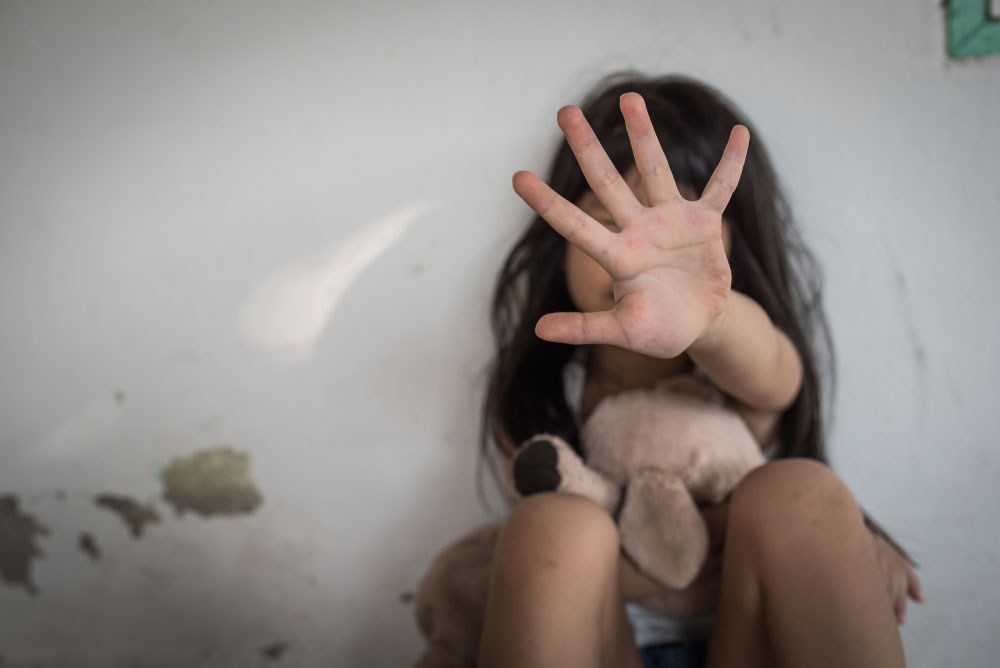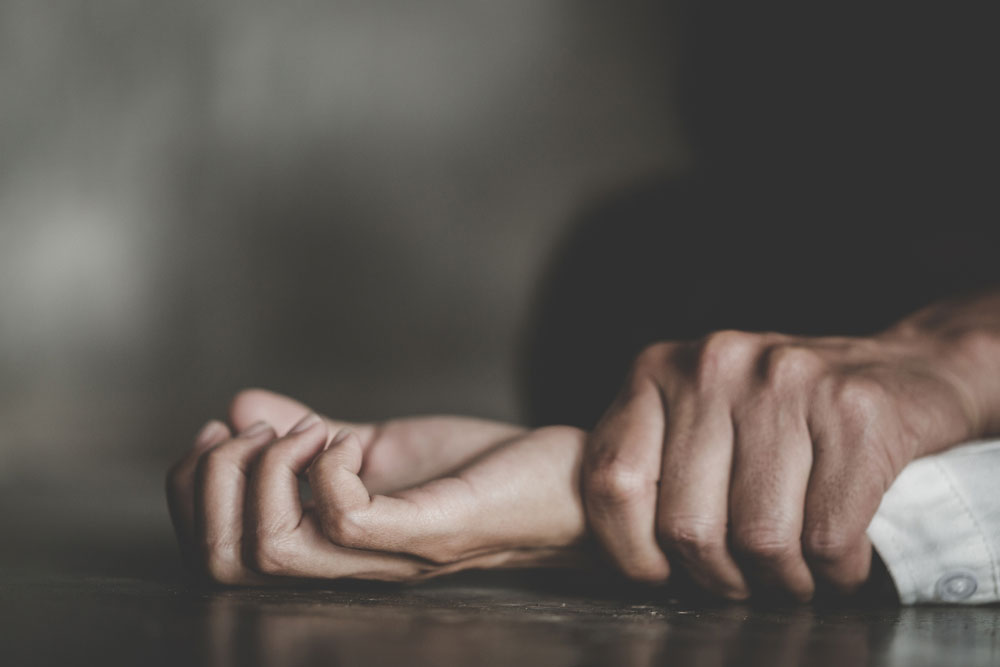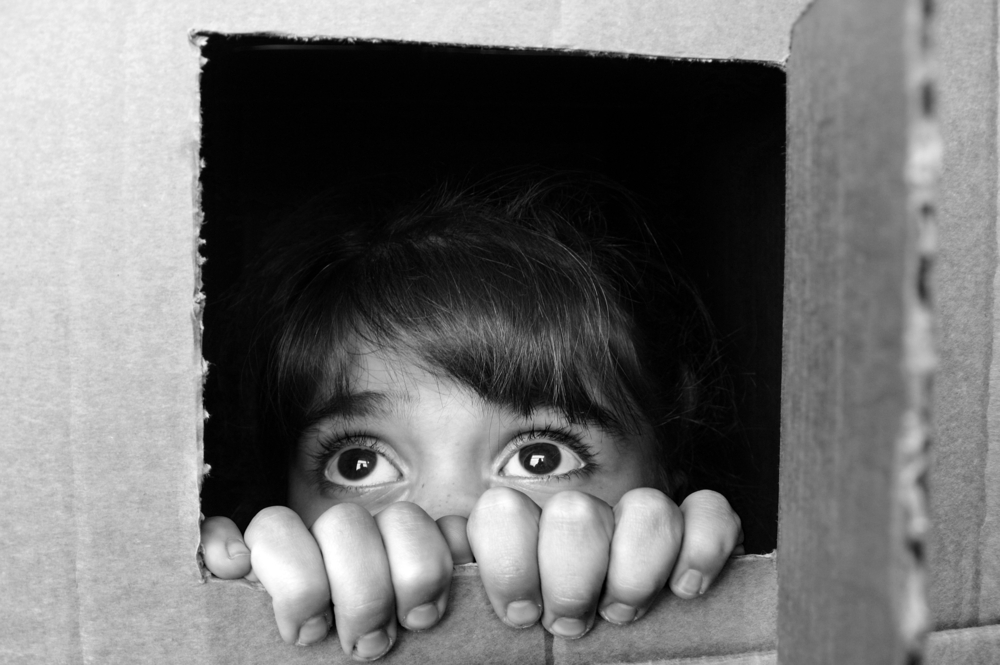Not just women, but children too, suffer cruel neglect in India. Perhaps it is this darkness implicit in society’s value system that is most shocking. The Supreme Court took suo motu notice of the “alarming rise” in the number of child rapes, registering a public interest litigation that referred to the lack of infrastructure and the delays in investigation and trial of these cases. That the highest court in the land should have to take notice of child rapes on its own is a revealing comment on the lackadaisical approach of the administrative and law enforcement bodies tasked with quick implementation of the law. Clearly, the infrastructure is inadequate too, perhaps because priorities are askew. The numbers put out by the court are revealing: between January 1 to June 30 this year 24,212 first information reports have been filed countrywide. It may be a fact that there are now more child rapes than ever before, a horror caused by alarming social malaise. It is also likely that there is more awareness and therefore more reporting, although that alone would not account for the numbers. The FIRs also indicate a trust in the system, which ironically, is belied by the other facts unearthed by the court — 11,981 FIRs are being investigated by the police, while in 12,231 cases chargesheets have been filed. But only 6,449 cases have gone to trial, while just 911 cases, that is, about 4 per cent of the total, have been ruled on. The Supreme Court has decided to pass directions in order to ensure a clear and concerted response from the nation, and has asked for suggestions so it can frame guidelines to sharpen and focus the infrastructure for the fast delivery of justice.
Meanwhile, the women and child development ministry has decided to define child pornography in the protection of children from sexual offences (amendment) bill, including in it computer-generated images of children as well as adults pretending to be children. Fines for possessing child pornography will be increased too. Laws are welcome, but the problem in India is always implementation. Is society, hence law-enforcement agencies, which partake, naturally, of social attitudes, determined to punish the sexual victimization and murder of children? The WCD ministry is also going to form 1,023 fast-track courts for Pocso cases. But ultimately, only the collective will to defeat crimes against children will make a difference.













